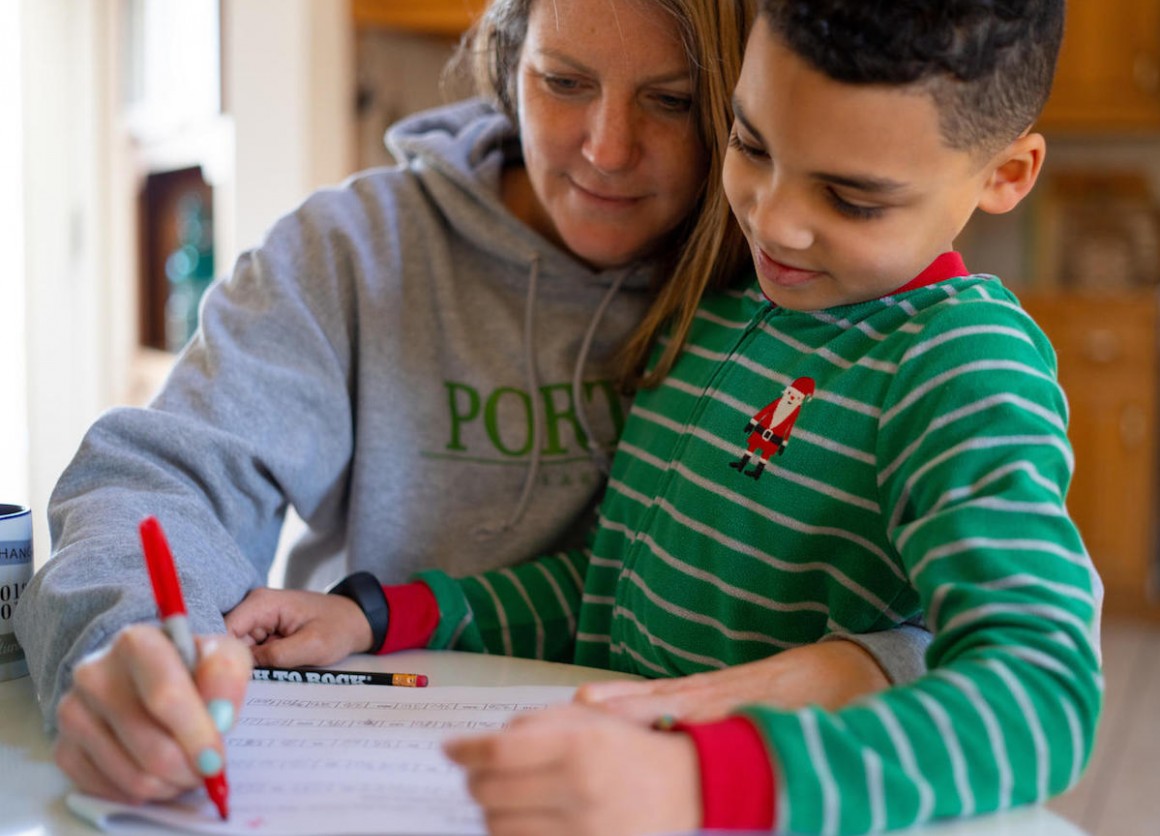
One of the biggest mistakes parents make is to tell their young kids to not get “a big head,” implying, “Don’t think too much of yourself.” Then, years later, they’re surprised when their children lack the ambition to apply to college or compete for a job.
Of course, children should be discouraged from pretending they have abilities they don’t have or aren’t willing to develop. And they shouldn’t be told that they’re greater than they really are, either. But if parents could refrain from telling their children not to develop self-confidence and pride, then kids wouldn’t have any need to misrepresent themselves.
Child experts talk about the growth of narcissism, or “conceit,” in young people. Writing for Knight Ridder, family psychologist John Rosemond offers a provocative theory: “Today’s parents, with more than a little assistance from grandparents, turn their children into greedy little materialists by buying them toy after toy after gadget after game after vehicle after gizmo beginning before they’re born and lasting forever and ever, amen. Because today’s parents feed the narcissistic spark that resides in the heart of every newborn, it grows into a flame, then a fire, and then a raging inferno. By age four or five, today’s all-too-typical child is infected with ‘King Midas Syndrome,’ which is to say, he’s a greedy little hoarder who can’t share unless forced to do so.”
That’s interesting, but I don’t think the root problem is too many toys. My experience suggests that some kids simply don’t think enough of themselves. A confident and self-responsible person doesn’t want or need other people to do things for him.
Parents are indeed mistaken if they throw toys at the problem. Toys are great, and I’m all for material things within reason, but children have to first learn how to use their minds. This includes reading and discussing books (remember them?), watching and analyzing TV shows/movies, not blindly accepting/adopting the opinions of teachers, engaging in creative play (without toys in some cases), and taking part in family discussions at dinner time. Regrettably, this has just about disappeared from everyday life.
Then there’s the issue of sharing. Sharing is well and good, but it shouldn’t instill needless guilt in children. First of all, if something really belongs to your child, no other child has a right to it. Sharing is not some out-of-context duty to be blindly followed. Secondly, the option of sharing — and it IS an option — isn’t even a factor until a child has something to share. A young person must first develop confidence before he or she can even begin to address sharing. Lay off the guilt!
The apparent growth of narcissism has nothing to do with self-esteem. Self-esteem is more desperately needed than ever. Adults who make things up about themselves never developed self-esteem. They could have actually used “bigger heads,” if that means being ambitious and developing talents and interests. Instead of telling kids not to develop big heads, challenge them to “go for it!” In other words, “You’re interested in something? Great. Then plan it out. You can do just about anything you want to do. But if you don’t put work and thought into it, it’s never going to happen.”
It’s not my intention to overgeneralize. I do indeed encounter teens and adolescents who (against all odds, given today’s cultural trends) are self-responsible and confident. Yet, it seems there are more kids who don’t seem to know how to find their way, act decisively and to avoid being nasty little brats.
Parents! Don’t discourage kids from cultivating self-esteem and justifiable regard for themselves. Narcissism and “brattiness” are not caused by “too much” self-esteem. The exact opposite is true. And after the parents are gone, those kids are going to need all the self-esteem they can earn out there in today’s challenging world.
Follow Dr. Hurd on Facebook. Search under “Michael Hurd” (Rehoboth Beach DE). Get up-to-the-minute postings, recommended articles and links, and engage in back-and-forth discussion with Dr. Hurd on topics of interest. Also follow Dr. Hurd on Twitter at @MichaelJHurd1, Drhurd on Parler, and see drmichaelhurd on Instagram.
